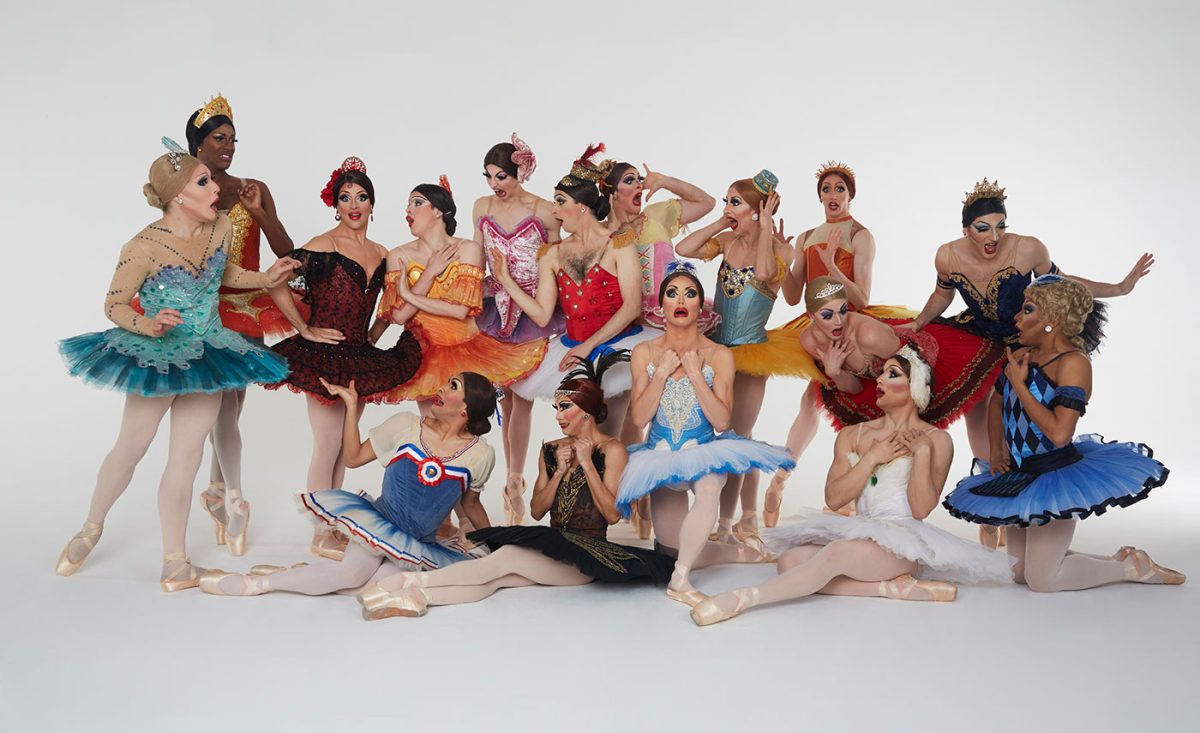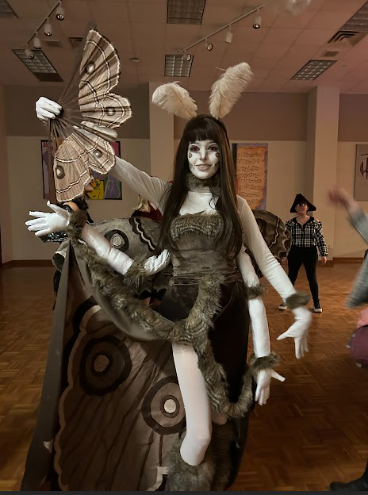2017 has no doubt been one of the most controversial years in American politics, and everyone is learning more and more about the importance of getting involved and voicing their opinions.
Unfortunately, many people aren’t aware that being an activist entails much more than posting a hashtag on Twitter or wearing a certain button. If you are going to a protest just to post about it on Snapchat, should you really be there? If you’re retweeting a progressive tweet just so your followers think you’re a politically involved citizen, what’s the point? Real activism requires authenticity and knowledge of what your place in the movement should be.
Junior Nidhi Krishnan, a member of South’s Young Democrats club and local activist, was introduced to political activism several years ago through the Obama-Romney presidential race.
“I started watching the debates, and I realized that they were talking about a lot of important issues,” Krishnan recalled. “I started with social issues, and that was during the time that the supreme court was hearing the same-sex marriage cases. I realized that I was passionate about that. I learned about that, I advocated for it, I posted on Instagram, I talked to my friends about it. After that, it kind of spurred into an interest in larger political schemes, such as the economy, healthcare, and foreign policy.” Most recently, Krishnan’s political activism has been focused on the Dan Canon congressional campaign, for which she has been interning.
Recently, Krishnan said that she has witnessed many examples of performative activism. “A lot of my friends do it. They’re not really interested in politics, but they’ll still post stuff to make others think ‘Oh they’re so political, they’re so smart and attuned to what’s going on,’” Krishnan explained. “But when I ask them about the issue, they don’t know what’s going on.”
When asked about how to practice meaningful activism, Krishnan said that “The most authentic thing that a person could do is help candidates win, whichever party you’re in. Posting on social media has no impact whatsoever. It’s a good way to start and get informed about issues, but if you actually want to make change, you need to go out and volunteer and go to events.”
Often times, when people are speaking out for causes that don’t affect them, there is a disconnect in what is to be said and done, and how it is to be said and done. This can lead to more harm than help.
Krishnan stresses the importance of being informed on issues that don’t affect you and advocating for those issues in a respectful way.
“I think that it’s really important that people who aren’t affected get involved,” Krishnan said, adding that “you don’t have to be impacted by injustice to realize that what is happening to certain people is wrong.” Being educated is the most essential tool within activism, because “you might have all the best intentions, but you still might say or do something offensive. If you think something might be offensive, just ask.” Krishnan emphasizes that it’s very important to have these conversations, no matter how awkward they may seem, and that having them will help lessen the divide amongst people in order to create a sense of understanding.






